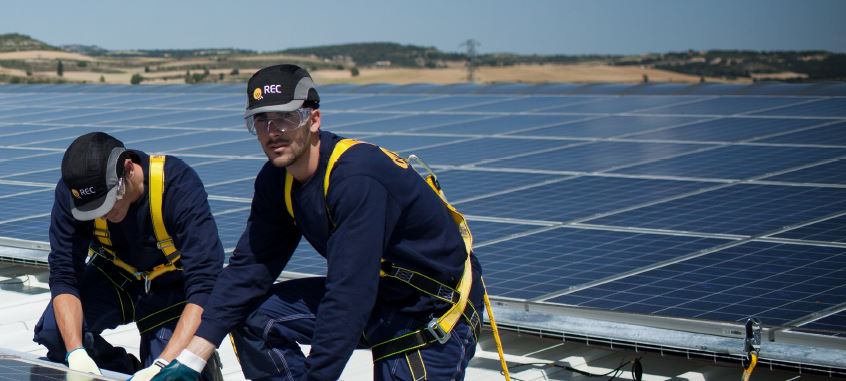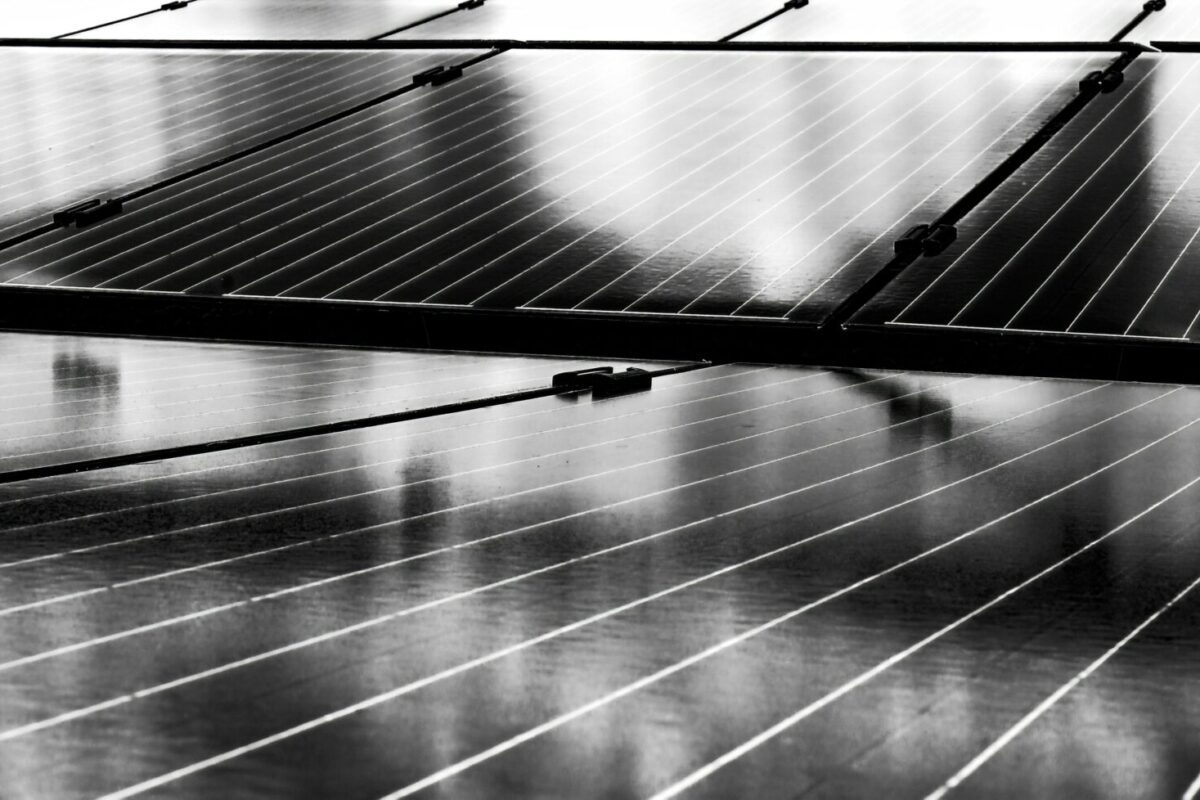More than 50 leading European and multinational corporations today co-signed a letter drafted by the Re-Source Platform – which is organized by SolarPower Europe, WindEurope, RE100 and WBCSD – that urges European Energy Ministers to unlock the potential of corporate renewable power purchase agreements (PPAs) in Europe.
European companies including Ikea, Marks & Spencer, Unilever and Philips were joined by multinationals such as Google, Facebook, DuPont and Amazon in calling for the post 2020 Renewable Energy Directive to remove current regulatory barriers that have served to limit the impact of corporate renewable PPAs in the continent.
The EU Energy Council meets between December 18 and 19 to plan the EU’s clean energy transition after 2020, and the purpose of the Re-Source Platform letter is to remind the Union’s decision makers of the benefit that a corporate renewable PPA mechanism brings for industry and consumers alike.
Specifically, the letter argues, corporate renewable PPAs enable large energy consumers in Europe to secure a clean supply of electricity at competitive rates. Renewable energy providers also benefit from the financial certainty provided by having such firm regulation, and as renewables become further exposed to market dynamics, such PPAs become increasingly relevant, the letter argues.
Re-Source Platform states that more than 1 GW of clean energy capacity was contracted in Europe in the past two months alone, prompting corporate buyers to become more active in capitalizing on clean technologies. Hence, the letter adds, corporate renewable PPAs will “contribute to achieving national renewable energy ambitions, bringing forward billions of euros of investment” and “unlocking innovation and new business models”.
Member States should therefore back a renewable target of at least 35% by 2030, the signatories of the letter urge, stressing that such targets will help drive a strong investment signal for these PPAs, which will enhance uptake and deployment of clean energy.
The post 2020 Renewable Energy Directive should therefore outline stable and predictable national deployment policies and shore up existing investments. To achieve this, the letter argues, Member States should lift all regulatory barriers to the development of such PPAs, whether direct or indirect.
One particular way in which the wheels can be greased is to ensure Guarantees of Origin is made an integral part of the corporate renewable PPA process, thus allowing companies to credibly trace where the clean power they are purchasing comes from. Furthermore, such a directive would help renewable energy producers to market their green electricity more effectively.
This content is protected by copyright and may not be reused. If you want to cooperate with us and would like to reuse some of our content, please contact: editors@pv-magazine.com.



1 comment
By submitting this form you agree to pv magazine using your data for the purposes of publishing your comment.
Your personal data will only be disclosed or otherwise transmitted to third parties for the purposes of spam filtering or if this is necessary for technical maintenance of the website. Any other transfer to third parties will not take place unless this is justified on the basis of applicable data protection regulations or if pv magazine is legally obliged to do so.
You may revoke this consent at any time with effect for the future, in which case your personal data will be deleted immediately. Otherwise, your data will be deleted if pv magazine has processed your request or the purpose of data storage is fulfilled.
Further information on data privacy can be found in our Data Protection Policy.